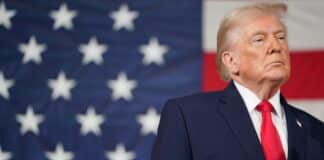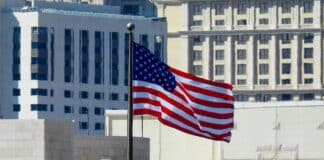A federal appeals court has halted West Texas A&M University’s ban on student-led drag shows, ruling that the prohibition likely violated the First Amendment. The 5th U.S. Circuit Court of Appeals issued a preliminary injunction allowing a student group to proceed with a previously canceled event, signaling a major legal setback for the university.
The court’s decision emphasized that drag shows, even if controversial, are protected expressive conduct when held in public university spaces designated for student events.
In March 2023, West Texas A&M President Walter Wendler canceled a drag show organized by the LGBTQ student group Spectrum WT. Wendler stated in an open letter that he found drag performances “derisive, divisive, and demoralizing misogyny” and compared them to blackface. The event was planned as a fundraiser for suicide prevention.
The student group filed suit with the backing of the Foundation for Individual Rights and Expression (FIRE), arguing that the cancellation constituted viewpoint discrimination in violation of their constitutional rights. U.S. District Judge Matthew Kacsmaryk, a Trump appointee, initially sided with the university in a 2023 ruling. The lower court accepted the administration’s justification that the event was potentially lewd and inappropriate for minors.
In a 2–1 decision on appeal, the Fifth Circuit reversed that outcome. Writing for the majority, Judge Leslie Southwick concluded that the university likely violated the students’ rights by banning the event solely because of its content. The court noted that Legacy Hall, the planned location, is a designated public forum, and the administration could not impose content-based restrictions without a compelling justification.
Judge James Ho dissented, defending the university’s discretion to regulate conduct it deems inappropriate or offensive. Ho argued that institutions should be able to draw lines on content similar to the way schools have authority to prohibit certain speech that disrupts educational functions.
While the ruling only grants a temporary injunction, it strongly signals the court’s view that the administration acted unlawfully in canceling the student event. The case will now proceed as a full lawsuit, with a final ruling expected later.
The decision underscores the ongoing clash between public university speech rights and traditional moral standards. Legal precedent remains heavily in favor of broad First Amendment protections for student expression, regardless of content.





